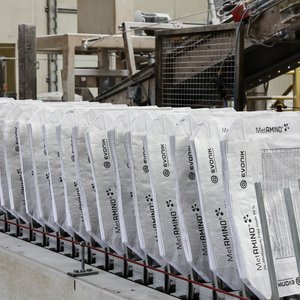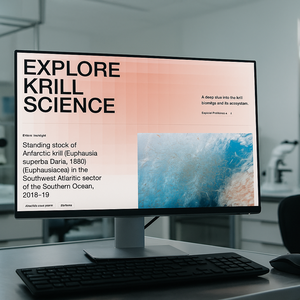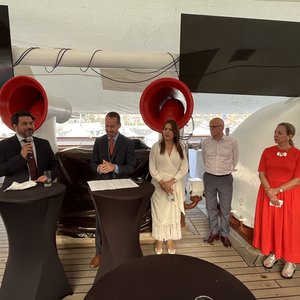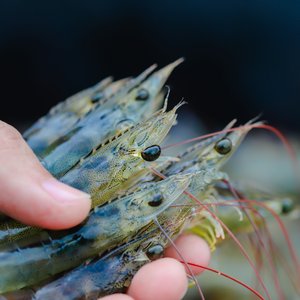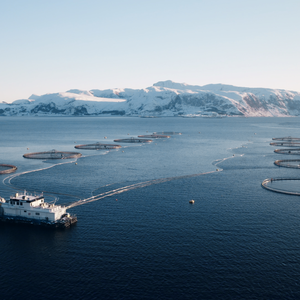Marine biologists at the Bribie Island Research Centre, north of Brisbane, have developed a system that recycles aquaculture waste water through sand filtration.
In the treatment process the water is also used to grow marine worms, which until now have been difficult to grow on a commercial scale. Farmers can then feed the worms to their prawns or sell them for a high price.
Research centre senior biologist Paul Palmer said the project had been running for seven years and the findings were a \"world first\".
\"The significant achievement we\'ve made in this project is we\'ve been able to recycle the water through the sand worm beds, and re-use that on the prawn farm,\" Dr Palmer said.
\"We eliminated the need for regular contact with the waters [in oceans and rivers] adjacent to the farms.\"
The discovery means prawn and fish farms who implement the system won\'t need to draw as much water from the natural environment to fill their ponds, and won\'t need to release treated water either.
The second aspect of the innovation is called bio-remediation, which involves using animals, in this case worms, to assist in the water purification process.
\"Marine prawns need a very balanced range of essential fatty omega 3 and 6 acids. Because the worms are growing up on algae produced in the water they hold a very good group of fatty acids,\" Dr Palmer said.
\"We\'re compacting that into the worms, and then the worms are fed to the prawn brood stock.
\"Most prawn hatcheries around the world need a certain percentage of the diet they feed to brood stock to be marine worms, because the worms hold the essential vitamins that make them reproduce successfully.
\"What it means is prawn farmers can produce food on their own farms to supply to their own hatcheries and have control over the quality.\"
There are only about 30 prawn farms in Australia, but Dr Palmer said the waste water recycling findings would have global significance.
\"This has world-wide application... overseas there\'s lots of diseases affecting prawn farming so they will be interested in this because they can protect themselves from disease out there,\" Dr Palmer said.
\"From an Australian point-of-view, we\'re very interested in keeping the nutrients that come from these systems under control, because if you\'re not releasing water from the system you\'re not losing any nutrients.\"
In addition to the recycling innovation, Dr Palmer said the ability to grow marine worms in the treatment process was also significant, as until now researchers have struggled to produce them in captivity on a large scale.
[Source: ABC Rural. Read article + Audio]
http://www.abc.net.au/news/2015-04-09/marine-researchers-recycle-waste-water-and-produce-worms/6379790


